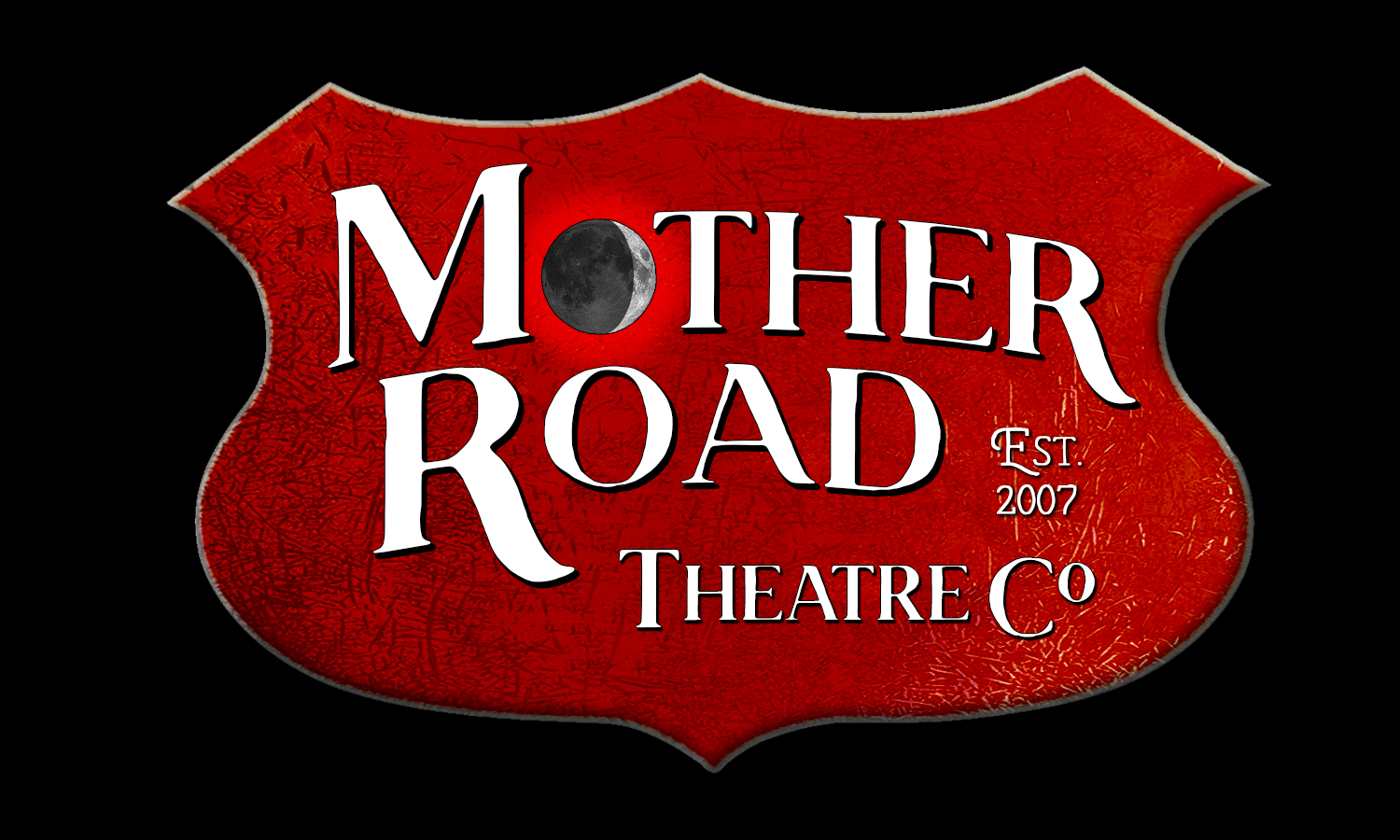Funny and Dramatic Play By ‘Miss Daisy’ Playwright
By Barry Gaines, Albuquerque Free Press
Mother Road Theatre Company continues to present top-notch theatrical entertainment with wonderful casts.
Its latest production at the Tricklock Performance Laboratory is an unusual holiday offering, “The Last Night of Ballyhoo,” by Alfred Uhry.
As in his Pulitzer Prize-winning play “Driving Miss Daisy,” Uhry continues his humorous and sometimes didactic examination of assimilated
Jews in the American South, mirroring his personal experiences. “Ballyhoo” is set in December 1939 in Atlanta. Three months earlier, Adolf
Hitler’s German forces had invaded Poland, beginning WWII. Atlanta, however, is distracted by the excitement surrounding the gala
opening of “Gone with the Wind,” the film based on the epic novel by favorite daughter Margaret Mitchell.
Adolf Freitag, owner of the successful Dixie Bedding Company, heads his well-to-do extended family. His widowed sister, Beulah (Boo),
and widowed sister-in-law, Reba, and their collegeage daughters, Lala and Sunny, live with him. They are descended from a long line of
German Jews, but they have accommodated to life in Atlanta — where anti-Semitism simmers. The fully festooned Christmas tree (a.k.a.
“Hanukkah bush”) in the living room set (by Akili Gonzales) suggests as much.
Boo sees a Christmas tree as “a festive decoration like a Halloween pumpkin.” Christmas time is also the season of Ballyhoo, the formal
country club ball that marks the height of the Jewish social season. Socially inept niece Lala desperately wants a date, almost as
desperately as her mother wants her to have one. Sunny, more serious and intelligent, isn’t that interested. After many funny discussions
and events, each young woman goes to the Ball: Lala hooks up with Sylvan “Peachy” Weil, of the prominent “Louisiana Weils,” while Sunny
is attracted to the New York brashness of her Uncle Adolph’s new assistant, Joe Farkas. Joe also comes from Eastern European Jewish
stock but is comfortable with his faith and its practice. This difference causes problems.
In earlier reviews, I have commended almost every member of director Steve Barberio’s cast. William R. Stafford is ideal as Uncle Adolph —
sometimes grumpy but always wise and supportive. Bridget Kelly is fine in the underwritten part of Reba. It is Catherine Haun in the role of
Lala’s mother, Boo, who is at the play’s heart. Haun skillfully conveys how cajoling, conniving and coercion go into the creation of the
Jewish mother.
The two daughters couldn’t be more different. Kate Costello is strong as the smart and sensitive Sunny, the Wellesley student who is willing
to learn more about her religion and its traditions. The role of Lala is more fun, and Bridget S. Dunne embraces the flippant and flighty
Lala with all her eccentricities. She gives a hilarious performance.
I was never quite sold on Isaac Christie as Joe, the New York Jew who invades Atlanta like Gen. Sherman and conquers Sunny’s heart.
Matthew Van Wettering, however, displays a new dimension of his talent playing a lovably gauche and thoroughly obnoxious Peachy.
Peachy and Lala make quite a couple.

